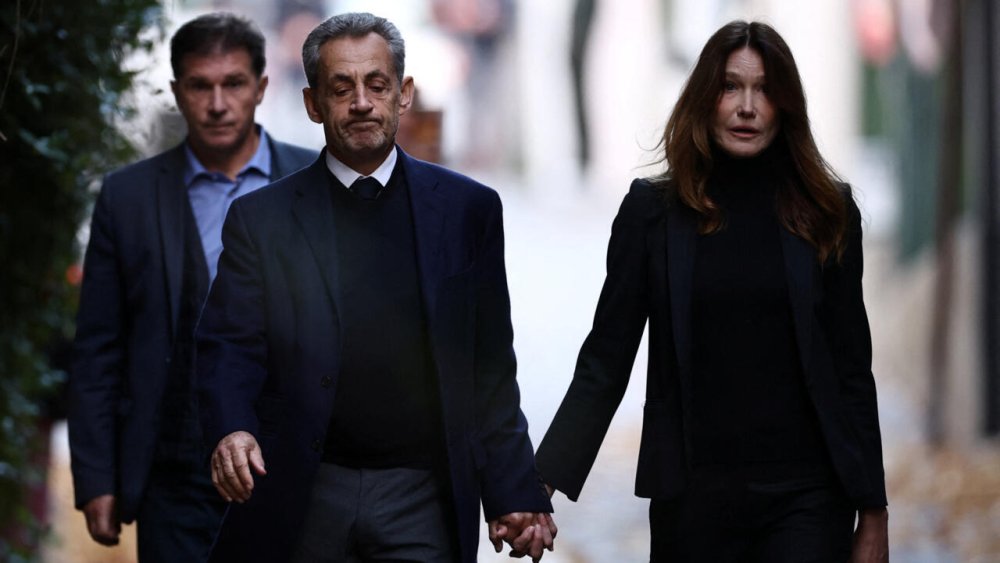Politics
Nicolas Sarkozy jailed: The first French president behind bars in modern history

At exactly 3:30 p.m., a historic scene unfolded in Paris as Nicolas Sarkozy, the former President of France, walked through the gates of Prison de la Santé, a high-security facility in the city’s 14th arrondissement.
He wasn’t there for a political visit or inspection, but to serve a five-year prison sentence.
This moment marked an unprecedented chapter in French political history, the first time a French head of state has been sent to prison following a criminal conviction. Sarkozy, once one of Europe’s most powerful men, is now behind bars for corruption-related charges tied to illegal campaign financing from Libya’s late leader Muammar Gaddafi during his 2007 presidential campaign.
For years, Sarkozy denied all allegations linking him to Gaddafi’s funds, describing the case as “a political revenge.”
However, French prosecutors gathered extensive evidence, from cash transfers to testimonies by former Libyan officials, suggesting that millions of euros from Tripoli may have fueled Sarkozy’s rise to power.
The verdict, confirmed earlier this year, delivered a historic message: no one not even a president —stands above the law.
Yet, for many observers, this also reopens an uncomfortable debate in French politics: how deep the ties between Western democracies and African regimes truly run, especially during the early 2000s.
Outside the prison, a crowd of supporters and family members gathered, some in tears, others in disbelief.
Sarkozy, now 70, appeared calm and resolute. Speaking briefly to Associated Press, he said:
“I am one who is going to prison.”
His wife, Carla Bruni, accompanied him to the gates — a silent show of loyalty and love.
Political analysts describe the moment as both tragic and symbolic — a reminder of how quickly the heights of power can collapse into isolation and disgrace.
The last time a French leader faced imprisonment was Philippe Pétain, a World War II hero turned collaborator with Nazi Germany.
“If They Want Me in Prison, I’ll Go — But I’ll Go Proudly.”
Days before his imprisonment, Sarkozy told reporters on September 25:
“If they want me to sleep in prison, I’ll do it. But I’ll do it with dignity.”
That defiant spirit remains central to his legacy , a man who, despite scandal and conviction, refuses to bow his head.
Sarkozy’s imprisonment is more than a personal tragedy. it’s a test of European democratic accountability.
It sends a clear signal to global leaders: leadership is a privilege, not immunity.
And as France closes this dark chapter, it also redefines its political morality reminding the world that justice, though delayed, is not denied.











